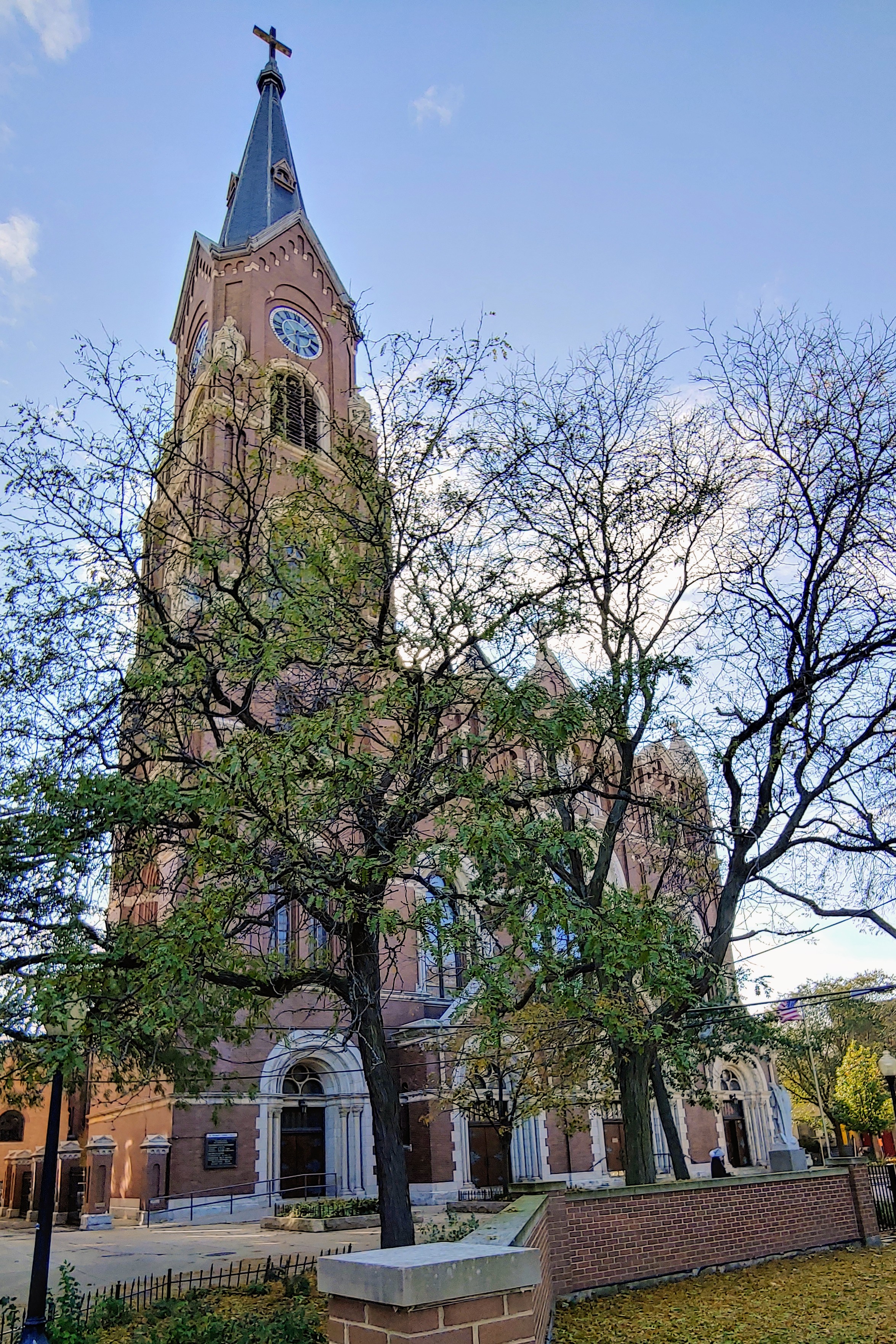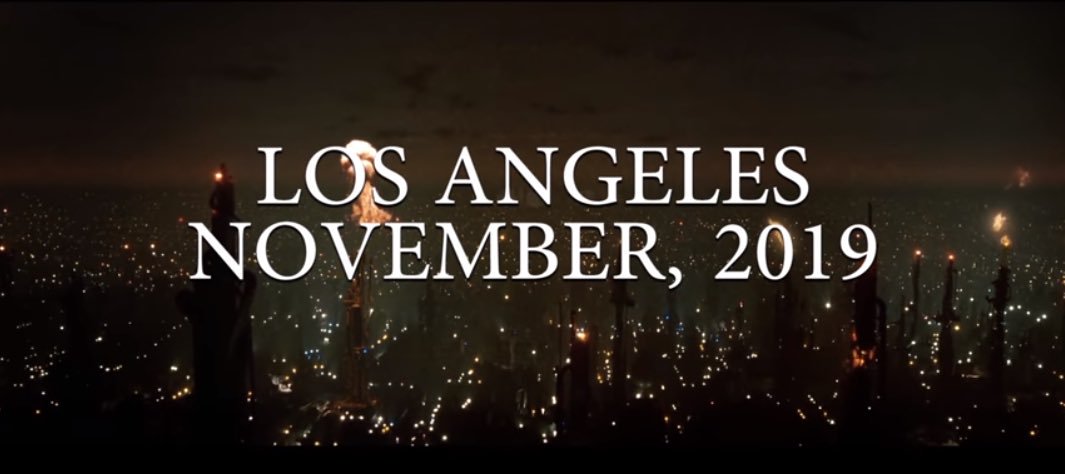On Sunday, Pitchfork revisited Aimee Mann's third solo album, which she recorded 20 years ago:
The best song on the album, and the one that most thoroughly embodies its wary, bruised point of view, is “Deathly.” Warmed up by whispered backing vocals from [Jon] Brion and Juliana Hatfield, it’s a preemptive rejection from someone who’s been hurt too many times to risk heartbreak again. “Don’t pick on me/When one act of kindness could be deathly,” Mann pleads, her emphatic down-strums and simple rhyme scheme inviting a cathartic sing-along. She repeats the brief but evocative title so many times, it finally morphs into a word that’s even more devastating by virtue of its finality: “definitely.” Because she chooses her maximalist moments carefully on Bachelor No. 2, the song’s stratospheric, almost overblown minute-long instrumental outro lends an epic scale to what amounts to Mann’s refusal to keep experiencing emotions.
It was “Deathly” that inspired Anderson to complete the circle of inspiration, making Mann’s music the centerpiece of his 1999 film Magnolia. It makes up the bulk of the soundtrack, alongside a score from Brion (whose history with Anderson dated back to the director’s 1996 debut Hard Eight, on which he collaborated with Mann’s husband, composer Michael Penn). Unfolding over a night punctuated by violent L.A. rain—and culminating in a biblical cloudburst of bullfrogs—Magnolia follows an intersecting cast of lonely, angry, wounded and regretful characters.
In one scene, an abuse survivor and addict named Claudia (Melora Walters) abruptly ends what looked to be a promising first date with a kind, embattled police officer (John C. Reilly) by speaking the opening salvo of “Deathly”: “Now that I’ve met you, would you object to never seeing each other again?” (“I heard that line and wrote backwards,” Anderson recalled in an introduction to the shooting script. “This ‘original’ screenplay could, for all intents and purposes, be called an adaption of Aimee Mann songs.”)
I think I'll have to put the album on after my conference call.
Chicago Classical Review attended our performance of Everest and Aleko this weekend:
There are a myriad of reasons why an operatic adaptation of Jon Krakauer’s Into Thin Air should not work. And yet it does. Composer [Joby] Talbot and librettist Gene Scheer have crafted a compelling 70-minute opera adapted form Krakauer’s nonfiction book about the disastrous 1996 Everest expedition in which eight people died.
Scheer wisely narrows the scope to three mountaineers, alternating their increasingly desperate situation on the South Summit with communications with their concerned loved ones and the base camp. The large vocal ensemble in back acts as a kind of Greek Chorus, questioning the men, offering philosophical observations, and commenting on the climbers’ actions, and the fates of the many who have died attempting to reach the summit.
The Apollo Chorus delivered all the power, mystery and atmosphere of Talbot’s choral passages, directed by Stephen Alltop.
The Stage & Cinema blog also gave us a nice review.
Not to mention, we really enjoyed the works. And the performance. Plus, Scheer and Talbot came to the cast party afterwards.
The audience loved last night's performance of Everest and Aleko. Everest composer Joby Talbot and librettist Gene Scheer attended, and I had the opportunity to meet them backstage at intermission. They both reported being overjoyed by our performance. Nice.
I discovered in researching this post that the BBC Symphony Orchestra will perform Everest at the Barbican on 20 June 2020. Hell yes, I'm going.
If you don't want to wait until June, you can hear us this afternoon at Harris Theater.
In about four hours, I'll be warming up for tonight's double bill of Everest and Aleko with the Chicago Opera Theater. Chicago's last remaining classical radio station, WFMT, went to our rehearsal on Monday (when I was in London, unfortunately for me):
n this staging, both works employ a large chorus made up of over 100 members, including members of Apollo Chorus of Chicago. Their function, Yankovskaya explains, is akin to a Greek Chorus: "In Everest, the chorus serves as the voice of the mountain often or the voice of the people of the past who have climbed the mountain. In Aleko, likewise, the chorus is often commenting on the surroundings and creating an atmosphere."
In the piece "The lights have gone out" from Aleko, the chorus "creates a sense of time and place," Yankovskaya shares. "The lights have all gone out in the Roma tents. The travelers are going to sleep, and the two lovers, Zemfira and the Young Gypsy, are about to come out and have their duet. But before that happens, we hear this setting created by the chorus."
WFMT posted video from the rehearsal.
You want tickets? We got tickets. PM me for a discount code.
And it's not even lunchtime yet:
- A storm has left Venice flooded under 187 cm of water, the second highest flood since records began in 1923. Four of the five largest floods in Venice history have occurred in the last 20 years; the record flood (193 cm) occurred in 1966.
- As our third impeachment inquiry in 50 years begins public hearings, Josh Marshall explains what the Democrats have to prove.
- Yoni Appelbaum wonders if the country can hold together. He's not optimistic.
- Via Bruce Schneier, the NTSB has released a report on the autonomous car accident in 2018 that killed Elaine Herzberg. A notable detail: "Police investigators later established that the driver had likely been streaming a television show on her personal smartphone."
- Chicago Tribune restaurant critic Phil Vettel lists his 50 favorite restaurants in the area. I have a mission.
And you should see Sir Rod Stewart's model railroad. Jaw-dropping.
Today's crop of articles:
And now, back to coding.
Remember, remember the 5th of November
Gunpowder and treason and plot.
Now Johnson and Tories will rend and will sunder
What Fawkes in his madness could not.
It was a lovely afternoon for a concert. We performed selections from Händel's Messiah, Rachmaninoff's Aleko, and Bach's St John Passion in the gorgeous St Michael Catholic Church in Old Town, Chicago:

Inside, just before the concert:

Our next performances will be with Chicago Opera Theater on the 14th, 16th, and 17th. Then some of us will be back at St Michael for Messiah on December 6th.
It's going to be a hectic couple of months.
It's the first day of November 2019, the month in which the 1982 classic film Blade Runner takes place. Los Angeles has a bit of haze today from wildfires in the area, but I'm glad to report that it isn't the environmental disaster portrayed in the movie. No flying cars, no replicants, and no phone booths either.
In other news:
Happy November!
This is The Daily Parker's 7,000th post since 13 May 1998 (but only #6,804 since the "modern era" began in November 2005). When I started posting jokes on braverman.org back in 1998, none of the predictions I could make about the world on the verge of the 2020s would have been correct. The Cubs winning the World Series? A powerful computer in every pocket? Donald Trump being anywhere near the nuclear codes?
And here we are. A thousand posts since December 2017, two thousand since October 2015...that's a lot of writing.
And a lot of reading. Thanks for hanging in there.